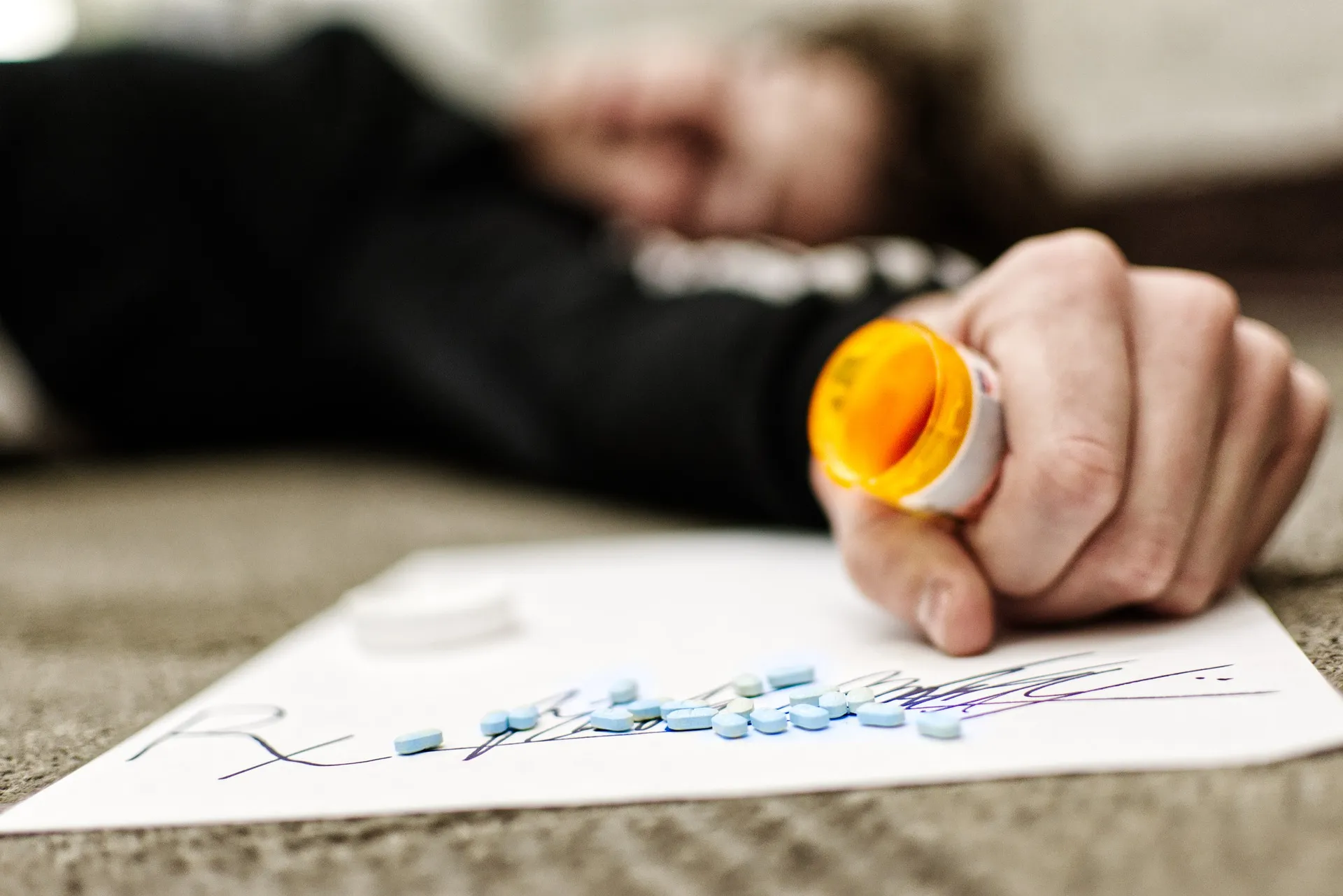After all, aren’t they pills doctors prescribe to help patients?
In many places, you’ll see flyers or posters advertising ways to help people overcome opioid addiction or ones that discuss the dangers of taking opioids. You’ll find them anywhere and everywhere: the doctor’s office, coffee shops, even posted on doors of public bathroom stalls.
Whether you’ve recently been prescribed opioids to treat a medical condition, have been taking them for months now, or have never thought much about the drugs, you might be wondering what the big deal is.
If the medicine really is that dangerous, why do doctors prescribe them regularly? And why do you need to be so careful when taking them?
Here’s the hard truth: the same thing that makes opioids so effective for treating acute pain also makes them very dangerous.
They’re prescribed by doctors for people suffering from intense pain, but if they’re not monitored carefully, or even sometimes if they are, addiction can easily happen.
Sometimes people take opioids for far longer than they need because they mistake withdrawals as signs they’re still in pain and need the medicine. They tell their doctors they’re still in pain, so the doctors continue giving them opioids.
What happened to me was a bit different. I had a doctor who wasn’t concerned in the least about monitoring my pain. I was taking a high dose of Vicodin for intense pain caused by surgery on my spinal cord, and when I tried to stop taking it after two months, my doctor told me not to.
He said that I would still be in pain for months to come, and I trusted him. I continued taking the medicine, not knowing that the real reason he wouldn’t help me stop taking opioids was because he was getting a high commission from my prescription.
But the danger of taking opioids for longer than you actually need them is that they’re addictive.
The Mayo Clinic says it like this: “When opioid medications travel through your blood and attach to opioid receptors in your brain cells, the cells release signals that muffle your perception of pain and boost your feelings of pleasure.”
When you’re taking them regularly and your dose starts to wear off, those good feelings go away and you don’t feel well. You may feel pain or unease, and it’s easy to think those feelings are coming from whatever you started taking the opioids for – in my case, spinal cord surgery.
So, you keep taking opioids just so you can continue feeling normal. For many people it’s not to get high; it’s because without them, you just feel off. Like something’s wrong.
“The Brain Injury Association of America backs this up by stating that long-term use of opioids causes changes in the frontal brain region, which results in impairments in cognition, the ability to think.
In fact, brain scans show a reduced volume in this part of the brain. There are reports that cognitive impairments persist several years following recovery.”
So whether you take opioids long-term because your doctor doesn’t monitor them and encourages you to keep taking them, like mine did, or because you feel like you’re in pain and need them for longer than you thought, taking them for longer than needed is a huge problem.
When you continue taking them, you start needing more and more. You can’t stay at a lower dose forever.
It’s just not possible. Because of all the changes that are happening in your brain, the medicine won’t keep working as well eventually. When that happens, people either get prescribed higher doses, or look to other sources to keep functioning as best they can.
I was addicted to opioids for 2 1/2 years. I never set out to become addicted, but it’s what happened to me. This probably wouldn’t have happened if I had a doctor who helped me monitor my prescription, true, but the truth of the matter is, I was very uneducated about what I was putting in my body.
I had no idea that opioids were dangerous and addictive, and I never would’ve imagined what they would put my body through. Not just for the time I spent addicted to them, but for years afterward.
I successfully got off the medication only because of help from a loving parent – if not for my dad, I’m not sure I would have been able to get clean the way I did. Because of the way my brain was impaired from the drugs, it took years to feel normal again. To feel happy again, and like I was finally healed.
And the thing is, I didn’t need to be on opioids for that long. Even for an acute surgery like mine was, I could have successfully tapered down after a few months, or possibly even less time. I’ve since had two c-sections, and the longest I’ve needed to take strong painkillers (specifically Oxycodone) for, is two weeks. Max.
And that’s why opioid use is such a problem. Being prescribed more than you need, or taking it for longer than you should.
Yet it’s true that this becomes hard for the patient to determine, and that’s why the medicine needs to be carefully monitored. Thankfully there are many more restrictions in place for doctors prescribing them these days, but it always pays to know what you’re getting into when you get a prescription.
So learn about opioids. Don’t start taking them without a plan in place – whether by your doctor or even by you.
That’s the only way to stay safe.




